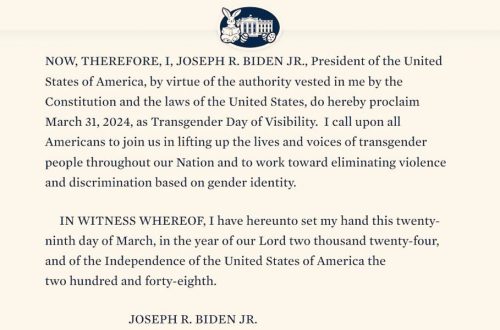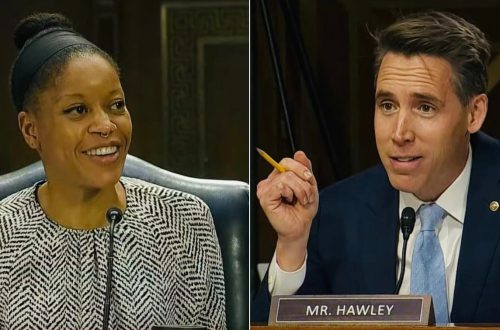Tonight, the movie Dunkirk will begin showing in theaters across the nation. I assume that most of you reading this know why this film has been so highly anticipated. It is not merely because some reviewers are already saying that this is the best movie ever made by director Christopher Nolan. It is also because of the story itself.
The tale of the evacuation from Dunkirk during World War 2 is one of the most riveting and inspiring true stories that you will ever hear. It is a story of heroes, common and uncommon. It is a story of national valor and courage, and for that reason the story is beloved and cherished. What happened at this little fishing village in the north of France in 1940?
At the beginning of World War II, Hitler had almost completely overrun Europe. One by one, country after country fell under the Blitzkrieg—the lightning war. And in 1940, he finally got the continental prize—France. The British army was there fighting alongside the French, but they got whipped and were pushed all the way back to the beaches of Dunkirk in the North of France.
In front of them was the German army, and behind them was the sea. These British soldiers and their French allies were the last line of defense between England and Hitler, but they were spent. There were over 300,000 British Tommies and allies trapped on the beach, and they had fought the Germans off for as long as they could. There was nothing keeping the Germans from annihilating what was left of the British army right there on that beach. And if they had done so, there would have been nothing between Hitler and England except the English Channel.
What happened next is the stuff of legend. Some say it was nothing short of a miracle. In one of the great mysteries of history, Hitler delayed. In his biography of Winston Churchill, William Manchester narrates it best:
‘The French had collapsed. The Dutch had been overwhelmed. The Belgians had surrendered. The British army, trapped, fought free and fell back toward the Channel ports, converging on a fishing town whose name was then spelled Dunkerque.
‘Behind them lay the sea.
‘It was England’s greatest crisis since the Norman conquest, vaster than those precipitated by Philip II’s Spanish Armada, Louis XIV’s triumphant armies, or Napoleon’s invasion barges massed at Boulogne. This time Britain stood alone. If the Germans crossed the Channel and established uncontested beachheads, all would be lost…
‘Now the 220,000 Tommies at Dunkirk, Britain’s only hope, seemed doomed. On the Flanders beaches they stood around in angular, existential attitudes, like dim purgatorial souls awaiting disposition. There appeared to be no way to bring more than a handful of them home. The Royal Navy’s vessels were inadequate. King George VI has been told that they would be lucky to save 17,000. The House of Commons was warned to prepare for “hard and heavy tidings.” Then, from the streams and estuaries of Kent and Dover, a strange fleet appeared: trawlers and tugs, scows and fishing sloops, lifeboats and pleasure crafts, smacks and coasters; the island ferry Gracie Fields; Tom Sopwith’s America’s Cup challenger Endeavour; even the London fire brigade’s fire-float Massey Shaw—all of them manned by civilian volunteers: English fathers, sailing to rescue England’s exhausted, bleeding sons.’
–William Manchester, The Last Lion: Winston Spencer Churchill, Visions of Glory (Little, Brown and Company, 1983), 3.
When it was all said and done, this rag-tag armada of leisure crafts and fishing boats evacuated 338,226 soldiers (198,229 British and 139,997 French). It was one of the most impressive escapes in history, and it enabled the Allies to fight another day. And fight they did. When the Allies returned to the northern beaches of France on June 6, 1944, the tide was about to turn.
In the years after the war, many Englishmen looked back to the year 1940 as the darkest year of their lives. Winston Churchill would say that it was his best. Why? Because English valor held when all seemed lost. British Tommies held out to the bitter end and inspired a desperate nation. In Churchill’s famous words to the House of Commons:
We shall go on to the end, we shall fight in France, we shall fight on the seas and oceans, we shall fight with growing confidence and growing strength in the air, we shall defend our Island, whatever the cost may be, we shall fight on the beaches, we shall fight on the landing grounds, we shall fight in the fields and in the streets, we shall fight in the hills; we shall never surrender.
This movie will attempt to tell this story, and that is why for many of us it couldn’t get here soon enough.



